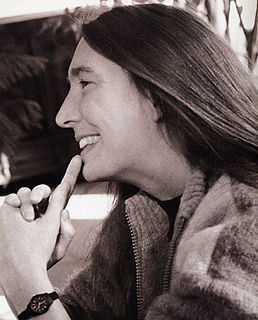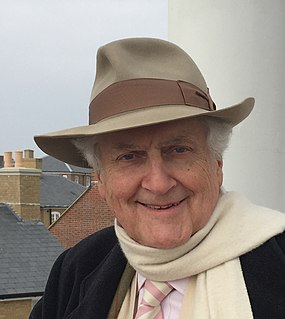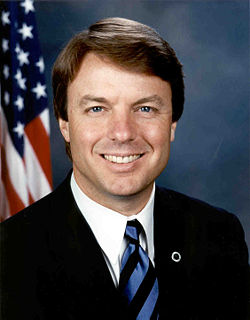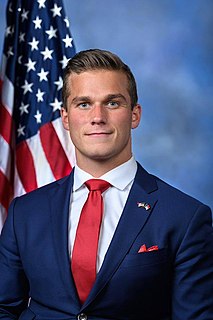A Quote by Douglas Brinkley
I'm not a historian who thinks Confederate memorials should be boarded up.
Quote Topics
Related Quotes
When you come to Montgomery, you see fifty-nine monuments and memorials, all about the Civil War, all about Confederate leaders and generals. We have lionized these people, and we have romanticized their courage and their commitment and their tenacity, and we have completely eliminated the reality that created the Civil War.
South Carolina, as a matter of compromise, displays the Confederate flag on a flagpole in front of the state capitol. Because I grew up in the South and believe that the Confederate flag is a very divisive symbol, I have stated publicly a number of times that I believe that South Carolina should remove the flag from the state capitol grounds.
Anyone who supported Bernie Sanders who thinks we should raise the minimum wage, who thinks that we should have universal health care coverage, who thinks that the wealthy have not paid their fair share, and I could go on and on, would certainly not find that Donald Trump's views are in line with theirs.
It is one thing to write as poet and another to write as a historian: the poet can recount or sing about things not as they were, but as they should have been, and the historian must write about them not as they should have been, but as they were, without adding or subtracting anything from the truth.
If you have things or are involved with things that turn on, it's going to have code. And there are so many people - let's pick on the historians - even as a historian, let's say I ended up going the road of being a historian, just knowing some basic scripts, any kind of automation would have made me a 10 times better historian because I wouldn't have to sit there changing every file name to "1234" and then "12345." It can have a transformative value.
As a director, you can't stop a guy if he thinks something's hysterical, because if you do, then he'll get depressed because he thinks he didn't come up with a good joke. So if a guy's going on some run and it's killing him, and he thinks it's hilarious, you gotta do enough so that he thinks you can use it in the movie.



































